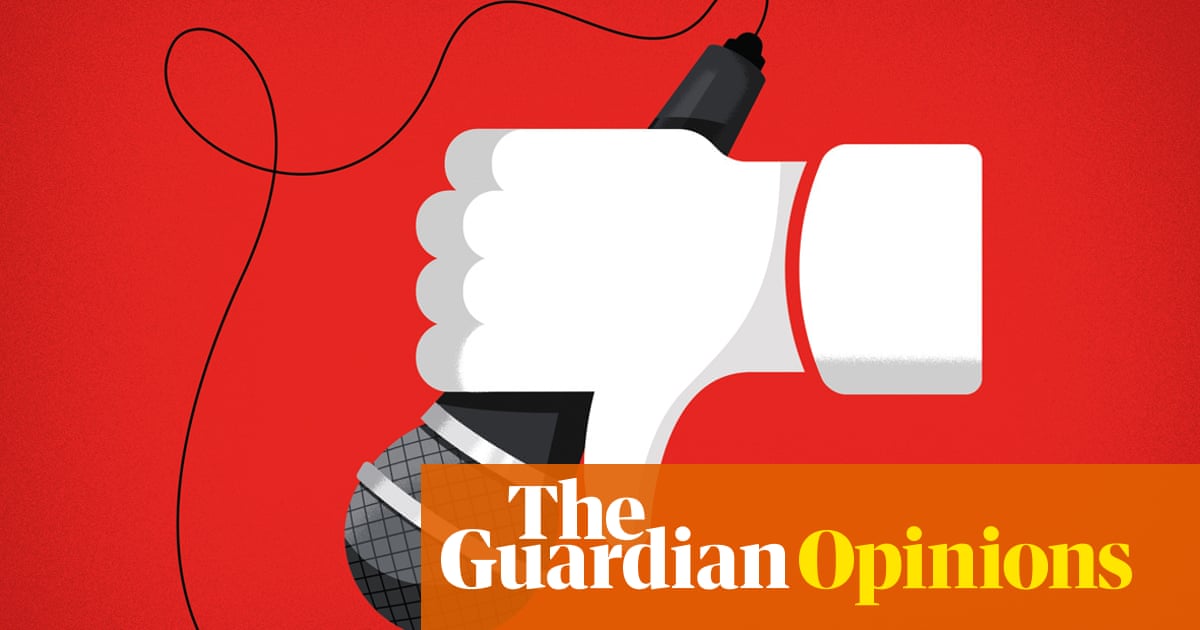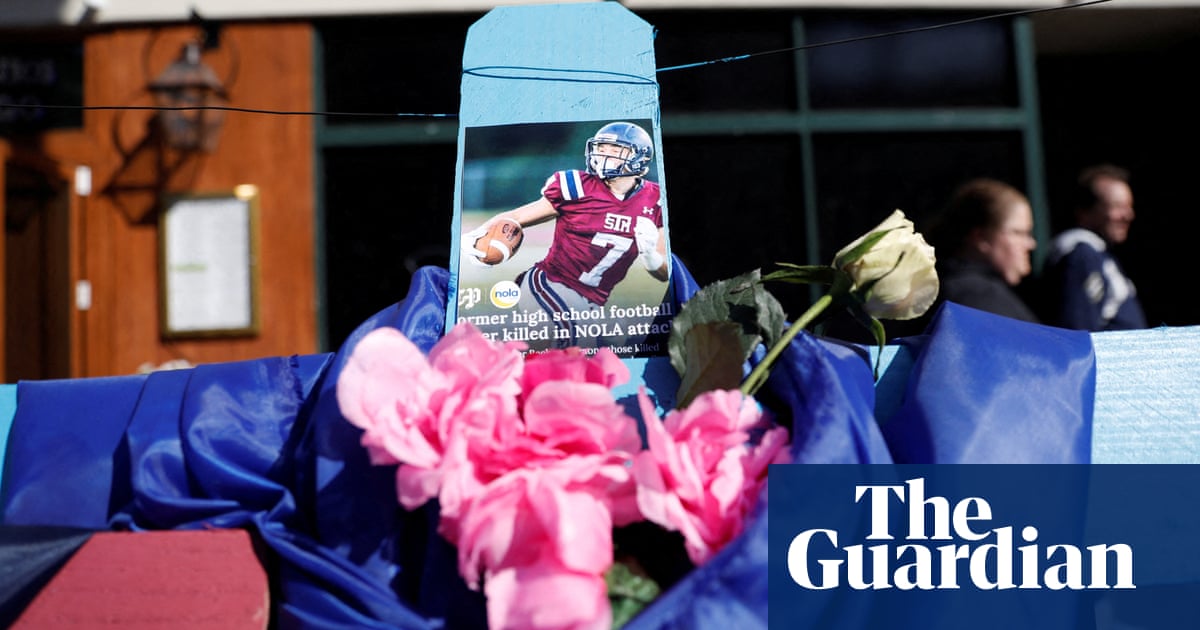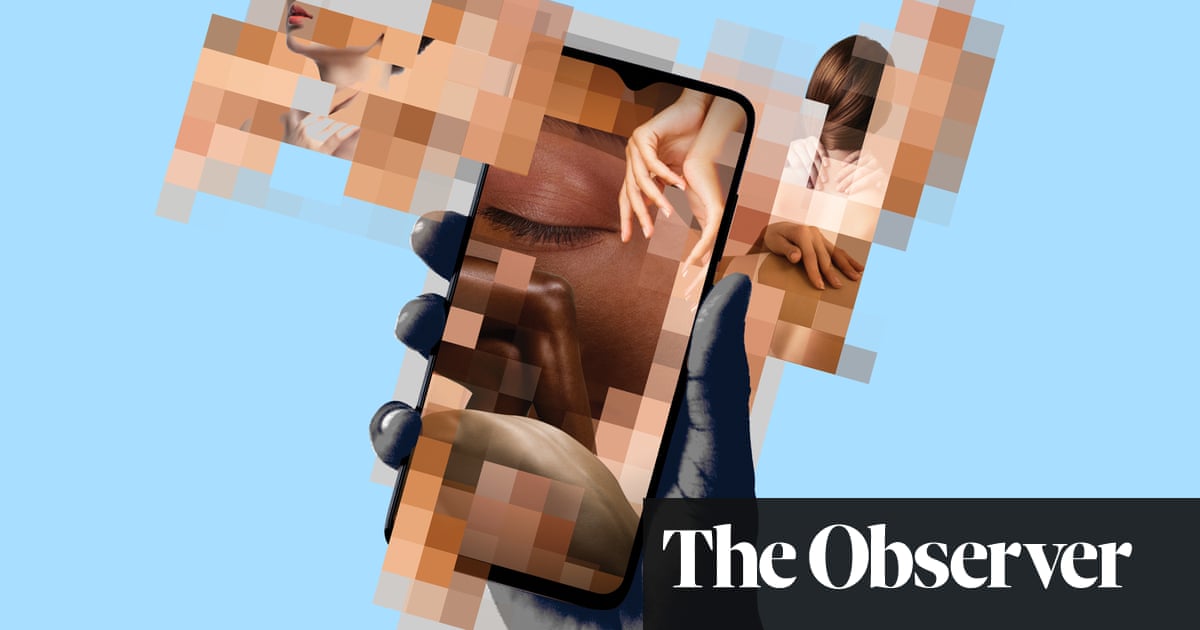Ireland has bucked the European trend of elections going against incumbent governments, with two of the parties in its ruling coalition in pole position to lead the next parliament.
An exit poll showed an appetite for change, with 60% backing opposition parties. But the prospect of an alternative left-leaning government still looks unlikely to materialise.
The poll showed leftwing, nationalist Sinn Féin slightly ahead, with 21.1% of first-preference votes, followed by the two main parties in the outgoing coalition, centre-right Fine Gael at 21% and centre-right Fianna Fáil at 19.5%.
But with both those parties ruling out a partnership with Sinn Féin, they remain favourites to form the next government. They are expected to get between 30 and 40 seats each, which, with a third party, could make the 87 seats needed for a majority.
The deputy leader of the Social Democrats, Cian O’Callaghan, said early tallies suggested it would emerge as the fourth biggest party, with more than eight seats. Making an early pitch for a role in a coalition, he said: “This is our best election in our nine years. After the results are all in, we will talk to all parties. We talked to Fianna Fáil and Fine Gael last time, and we will again this time round.”
Arriving at the main count centre in Dublin, Sinn Féin’s leader, Mary Lou McDonald, was met with a chaotic media scrum.
Flanked by the party’s leader in Northern Ireland, Michelle O’Neill, she declared her intention to try to create a government, saying the result had given Sinn Féin the same legitimacy as the two established parties.
“Two-party politics is now gone,” she said. “It’s been consigned to the dustbin of history. That, in itself, is very significant. The question now arises for us: what do we do with that? And we are clear that we want to change people’s lives. I believe another five years of Fianna Fáil and Fine Gael is bad news for society.”
The biggest upset is expected to be the wipeout of the Green party, which, with 12 seats, had been the third partner in the outgoing coalition.
By Saturday evening, they looked to have lost nearly all their seats, with leader Roderic O’Gorman also in danger.

Migration, an inflammatory issue in many recent elections in Europe, failed to fire up the electorate, with an exit poll showing it was the top priority for just 6% of voters, despite violent clashes over asylum seekers in the last year. Housing and homelessness was the the top issue, followed by the cost of living, health and the economy.
Counting of votes in the 43 constituencies began at 9am on Saturday but with Ireland’s proportional representation system final results may not be known until Sunday night or Monday.
The Green party’s former leader, Eamon Ryan, said he had been “sharing commiserations” with colleagues but “holding heads high”.
He told RTÉ: “Change is difficult. Sometimes, when you’re driving change, it upsets things. … I think in a general election people were voting for government and maybe we were caught in that squeeze. People who wanted to retain the current government have voted Fianna Fáil and Fine Gael and not us.”
The tallies suggest potential trouble for Fianna Fáil in Wicklow, where the party’s only candidate in the constituency – the health minister, Stephen Donnelly – is in danger of losing his seat.
after newsletter promotion
Jack Chambers, the departing Fianna Fáil finance minister, said the national result was “too close to call” but said the exit poll showed the public did not want the “volatility” that had spread in other countries on the back of the rise of the far right.
Gary Murphy, a professor of politics at Dublin City University, told RTÉ:“I think there is a problem that Irish politics has faced since the fragmentation and the economic crash in 2011 – that now we’re not sure who’s going to be in government.”
Fine Gael’s director of elections, Olwyn Enright, said the exit poll had been a “positive” prediction for the party, but that she had been “surprised” with survey results that put Sinn Féin’s McDonald as the preferred taoiseach against the incumbent, Simon Harris, who had a difficult final campaign week. In the poll, 34% said they would like McDonald to be taoiseach against 27% for Harris.
The inconclusive results mean that all eyes will now turn to the search for coalition partners. Government formation talks could take weeks – with, possibly, no new government until January.
Elsewhere, the election threw up surprises. In Dublin Central, Gerry Hutch, a gangland figure released from bail recently in Spain to run for election, looked to be in contention for the last of four seats.
Social Democrat Gary Gannon, a certainty for the third seat behind Fine Gael’s Paschal Donohoe and McDonald, said “austerity from the financial crash” had destroyed some communities, which felt a “real sense of loss and pain over housing and poverty” that the current government had failed to fix in the last five years.
As the postmortem into the election began, Bríd Smith of the socialist party People Before Profit–Solidarity blamed Sinn Féin for not setting out a narrative of change stronger and earlier.
Another small party, the conservative republican party Aontú, said the country needed alternatives. Its leader, Peadar Tóibín, told RTÉ that Fianna Fáil and Fine Gael, two parties that emerged from the ashes of the civil war in the 1920s, were “becoming one party in many ways” and impossible to distinguish from each other.

.png) 1 month ago
10
1 month ago
10













































